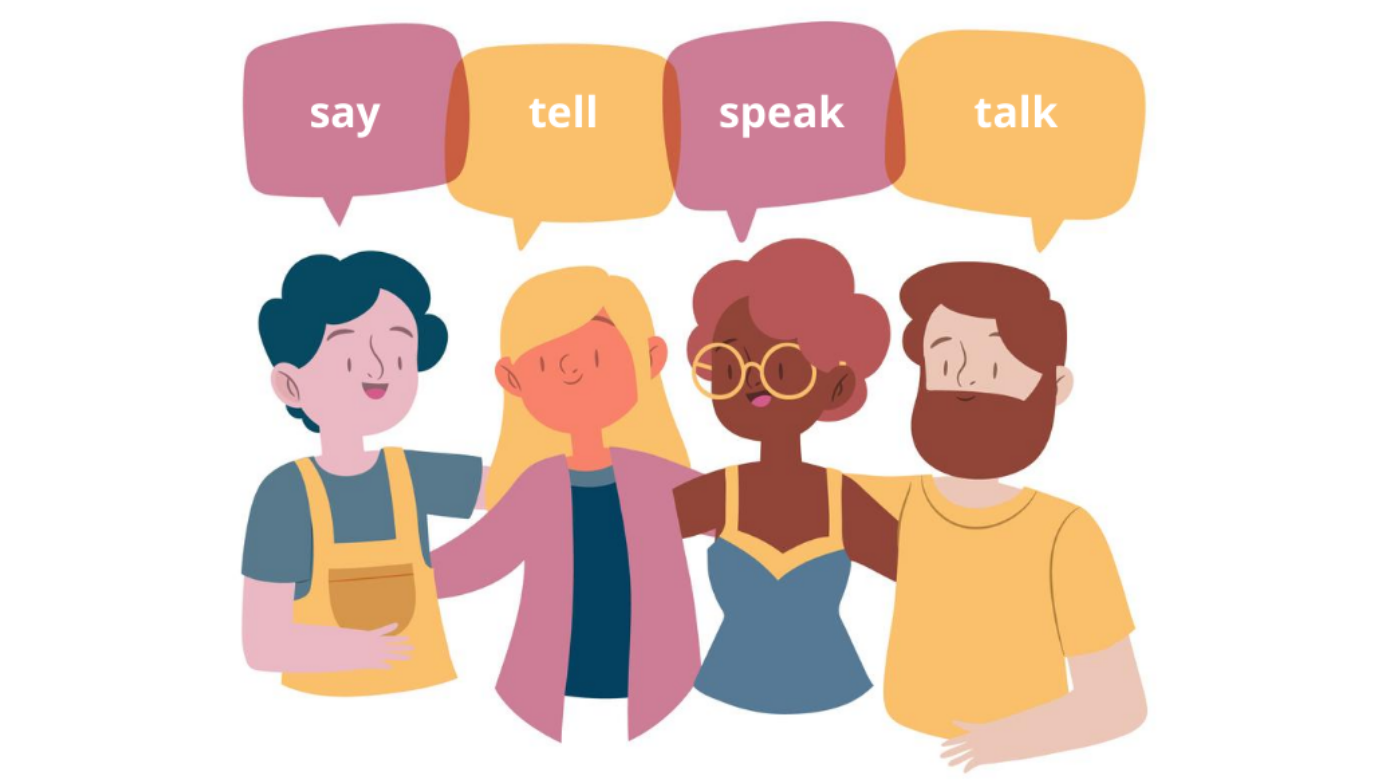
How to Talk About Money Without the Stress: A Guide to Open and Healthy Conversations
Money. It’s a topic that fuels dreams, causes anxiety, and often lurks in the background of relationships, unspoken and unresolved. For many, just the thought of discussing finances triggers feelings of discomfort, shame, or even fear. But avoiding these conversations can lead to misunderstandings, resentment, and ultimately, financial instability. Learning how to talk about money openly and honestly is crucial for building strong relationships, achieving financial goals, and reducing stress. This guide will provide practical tips and strategies to navigate these sensitive conversations with confidence and ease.
Why is Talking About Money So Difficult?
Before diving into solutions, it’s important to understand why discussing money is often so challenging. Several factors contribute to this discomfort:
- Societal Taboo: Money is often considered a private matter. We’re taught that it’s impolite to ask about someone’s salary or discuss our own financial situation openly. This creates a culture of secrecy that makes it difficult to initiate conversations about money.
- Emotional Baggage: Our relationship with money is deeply personal and often tied to our upbringing. Past experiences, such as growing up in a financially insecure household, can shape our beliefs and attitudes towards money, leading to anxiety and avoidance.
- Fear of Judgment: Many people worry about being judged for their financial choices, whether it’s overspending, debt, or even having too much money. This fear of judgment can prevent us from being honest about our financial situation.
- Power Dynamics: Money can create power imbalances in relationships. For example, if one partner earns significantly more than the other, it can lead to feelings of resentment or insecurity.
- Lack of Financial Literacy: Many people lack a solid understanding of financial concepts, making it difficult to discuss money confidently and knowledgeably.
Breaking the Silence: Practical Strategies for Healthy Money Conversations
Overcoming these challenges requires a conscious effort to change our attitudes and behaviors towards money. Here are some practical strategies to help you talk about money without the stress:
1. Start with Self-Reflection:
Before initiating a conversation with others, take some time to reflect on your own relationship with money. Ask yourself:
- What are my beliefs and attitudes towards money?
- What are my financial goals?
- What are my strengths and weaknesses when it comes to managing money?
- What are my biggest fears and anxieties about money?
Understanding your own financial landscape will make you more confident and prepared to discuss money with others.
2. Choose the Right Time and Place:
Don’t spring a money conversation on someone unexpectedly. Choose a time and place where you can both focus and speak openly without distractions. Avoid bringing up financial issues when you’re tired, stressed, or in the middle of an argument. A calm and relaxed environment will foster a more productive conversation.
3. Set a Clear Agenda:
Before starting the conversation, clearly define the purpose and desired outcome. Are you trying to create a budget, discuss shared expenses, or plan for a specific financial goal? Having a clear agenda will help you stay focused and avoid getting sidetracked.
4. Use "I" Statements:
When expressing your concerns or opinions, use "I" statements to avoid blaming or accusing the other person. For example, instead of saying "You always overspend," try "I feel stressed when we go over budget." This approach focuses on your own feelings and experiences, making it easier for the other person to hear your concerns without getting defensive.
5. Practice Active Listening:
Effective communication is a two-way street. Make a conscious effort to listen actively to the other person’s perspective. Pay attention to their body language, tone of voice, and the underlying emotions behind their words. Ask clarifying questions and summarize what you’ve heard to ensure that you understand their point of view.
6. Be Honest and Transparent:
Honesty is crucial for building trust and fostering healthy financial conversations. Be open and transparent about your income, debts, and financial goals. Avoid hiding information or sugarcoating the truth. Even if it’s difficult, honesty will ultimately lead to a stronger and more sustainable financial foundation.
7. Focus on Solutions, Not Blame:
When discussing financial problems, avoid dwelling on the past or assigning blame. Instead, focus on finding solutions and creating a plan for the future. Brainstorm ideas together, research different options, and work collaboratively to address the issue.
8. Be Respectful and Empathetic:
Remember that everyone has a different relationship with money. Be respectful of the other person’s beliefs, values, and financial situation. Try to understand their perspective, even if you don’t agree with it. Show empathy and compassion, and avoid making judgmental or critical comments.
9. Seek Professional Help When Needed:
If you’re struggling to have healthy money conversations on your own, don’t hesitate to seek professional help. A financial advisor or therapist can provide guidance, support, and tools to improve your communication skills and navigate financial challenges. They can also help you identify and address any underlying emotional issues that may be hindering your progress.
10. Celebrate Small Wins:
Recognize and celebrate your progress, no matter how small. Acknowledge your accomplishments and appreciate the effort you’re both putting into improving your financial situation. Celebrating small wins will boost your morale and keep you motivated to continue having healthy money conversations.
Talking About Money in Different Relationships
The specific approach you take when discussing money will vary depending on the type of relationship you have:
- With a Partner: Open and honest communication is essential for a healthy financial partnership. Discuss your financial goals, create a budget together, and make joint decisions about major purchases.
- With Family: Talking about money with family can be tricky, especially when it comes to inheritance or lending money. Set clear boundaries, be respectful of each other’s financial situation, and avoid making assumptions.
- With Friends: It’s generally best to avoid discussing your salary or financial details with friends, unless you have a very close and trusting relationship. If you’re lending money to a friend, put it in writing and be prepared to lose the money.
- With Employees/Employers: Be open and clear about expectations regarding salary, raises, and benefits. Document everything in writing to avoid misunderstandings.
The Long-Term Benefits of Open Communication
Learning how to talk about money without stress is an investment in your future. The long-term benefits include:
- Stronger Relationships: Open and honest communication fosters trust, intimacy, and understanding in relationships.
- Reduced Stress and Anxiety: Addressing financial issues head-on can alleviate stress and anxiety.
- Improved Financial Stability: Talking about money helps you make informed decisions, create a budget, and achieve your financial goals.
- Greater Peace of Mind: Knowing that you’re on the same page financially with your loved ones can bring greater peace of mind.
- Better Financial Literacy: Engaging in money conversations increases your knowledge and understanding of financial concepts.
In conclusion, talking about money doesn’t have to be a source of stress. By adopting these strategies, you can create a safe and supportive environment for open and honest communication. Remember to be patient, respectful, and empathetic, and celebrate your progress along the way. Over time, you’ll develop the skills and confidence to navigate financial conversations with ease, building stronger relationships and achieving your financial goals.



